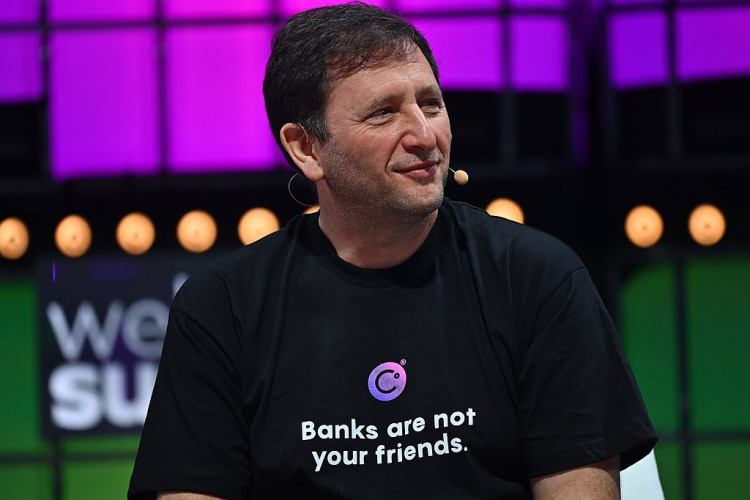In the weeks before the company filed for bankruptcy, Alex Mashinsky, the former CEO of the defunct Celsius Network, withdrew millions to reportedly pay state and federal taxes. He withdrew $10 million from the business in May of this year, when the cryptocurrency market was in freefall, according to people with knowledge of the situation who spoke to the Financial Times.
Concern was raised by the choice to remove money during that period, and the cryptocurrency community questioned whether Mashinsky knew the business would face financial difficulties after the market crash. According to the report, those with knowledge of the situation indicated that $8 million was used to pay taxes on revenue from assets on Celsius, and the remaining $2 million was invested in CEL tokens for "estate planning."
A month after freezing transfers, swaps, and withdrawals on its platform in June due to "extreme market conditions," Celsius filed for chapter 11 bankruptcy in the United States. The Southern District of New York bankruptcy court. Celsius claimed it had a $1.2 billion hole in its balance sheet in a later court filing. According to that paper, Celsius had assets of $4.3 billion and liabilities worth $5.5 billion.
When declaring bankruptcy for the first time, Celsius said in a statement that "without a pause, the acceleration of withdrawals would have allowed certain customers - those who were first to act - to be paid in full while leaving others behind to wait for Celsius to harvest value from illiquid or longer-term asset deployment activities before they receive a recovery."
Mashinsky continued, "we will see this as a defining moment, where acting with resolve and confidence served the community and strengthened the future of the company." Adding that the decision was "right...for our community and company."
Mashinsky only recently filed his resignation. It was declared in a press statement that was released on Sept. 27. The former CEO pledged to keep striving to provide creditors with the best result he could. Additionally, Celsius stated that it would not compel borrowers to make payments on outstanding loans, providing these borrowers some breathing room. The loans won't have any interest or penalties attached.
On the other hand, creditors have taken action to subpoena Equities First, a business involved in the bankruptcy case. They want to know more about the loan arrangements that had been established between Celsius and Equities First, the latter of which had provided money to Celsius. Additionally, they want to know why Equities First was unable to pay Celsius $439 million in collateral.






